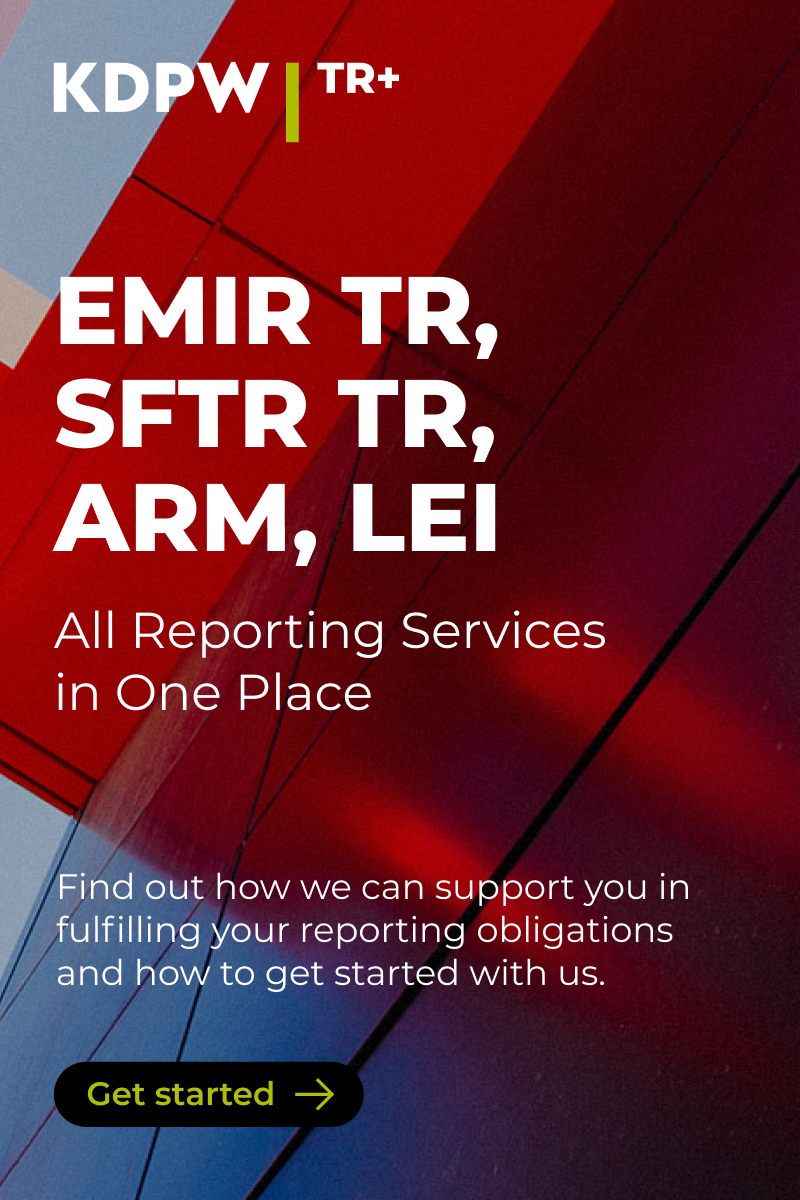Asset managers are cutting it fine in compliance with research unbundling rules under the second Markets in Financial Instruments Directive, with 85 percent saying they expect to be compliant in Q4 2017 or later, ahead of the January 2018 deadline.
A RSRCHXchange survey of 562 respondents from 450 different asset managers, conducted in Q2 2017, followed a similar survey released in Q4 2016.
While at the end of 2016, 23.9 percent of those who know when they plan to be compliant with the new unbundling requirements said they plan to be compliant ‘now’. In the more recent survey, this figure slipped to 7.1 percent.
Similarly, in the previous survey 20.9 percent said they plan to be compliant in the last quarter of 2017, and 29.9 percent said they expect to cut it even more fine, becoming fully compliant in January 2018.
In the latest survey, these figures have increased to 40.9 percent and a staggering 44.2 percent, respectively.
However, these figures exclude any respondents who answered with ‘don’t know’, the number of which has decreased.
The survey report remarked: “Timing seems to have slipped dramatically with 85 percent of respondents who knew leaving it until the final quarter or later.”
“Certainty over timing has improved, however, with ‘Don’t knows’ falling from 34 percent to 20 percent.”
Jeremy Davies, co-founder of RSRCHXchange, said: “As we rapidly approach the MiFID II deadline, it is clear that decisions are being made.”
He added: “Although we see overall MiFID II readiness slightly pushed back towards Q4 2017 or early 2018, there is no doubt that the unbundling process is well underway.”
General awareness of the unbundling rules under MiFID II appears to be improving. Only 2.1 percent said they are not aware of the obligations, compared to 4.3 percent in the 2016 survey.
Some 63.5 percent said they are now very aware of the new rules, compared to 47 percent at the end of 2016.
However, the apparent un-readiness of some firms could be partly attributed to a lack of clarity on the rules.
More than half, 54.1 percent, said they do not believe they have sufficient clarity on the regulation, compared to 33.1 percent who said they are clear on the requirements and 12.8 percent who said they don’t know.
The survey also questioned respondents on their biggest challenges in compliance. Setting and regularly assessing the research budget was considered the biggest challenge in compliance by 39.1 percent of respondents, making this the biggest concern by some margin.
Accordingly, 32.7 percent have not yet set a research budget, while 39.7 percent said they are in the process of doing so, and only 22.1 percent have already completed the process.
Assessing the quality of research was considered the biggest challenge by 22.8 percent, and tracking consumption was top of the list for 16.4 percent.
Finally, the Q4 2016 survey threw up some concerns that MiFID II could mean some large investment banks miss out on research budgets.
When shown a list of the six largest investment banks, 24.5 percent said they did not plan on paying for a research offering from any of them. This figure has now dropped to 20.6 percent, with more respondents, 34 percent compared to 24.5 percent previously, saying they will use between one and three of the providers.
Further, in 2016, 66.5 percent said they will allocate less than 60 percent of their research budget to the nine investment banks, a figure that has now dropped very slightly to 58.4 percent.
In the latest survey, 77.2 percent said they expect the number of research providers they use to fall, compared to just 5.4 percent who expect it to increase.
Vicky Sanders, co-founder of RSRCHXchange, said: “Some of the results of this survey will come as a surprise to the industry, especially the expected decline in the number of research providers.”
“In anticipation of these unbundling changes, we have set up an aggregator and marketplace that ensures asset management firms can maintain the diversity of views that they require to generate alpha.”



